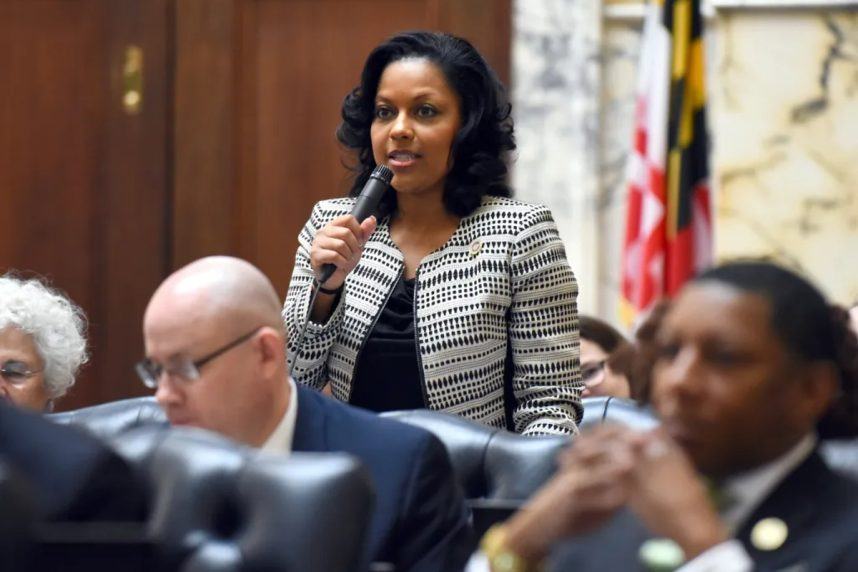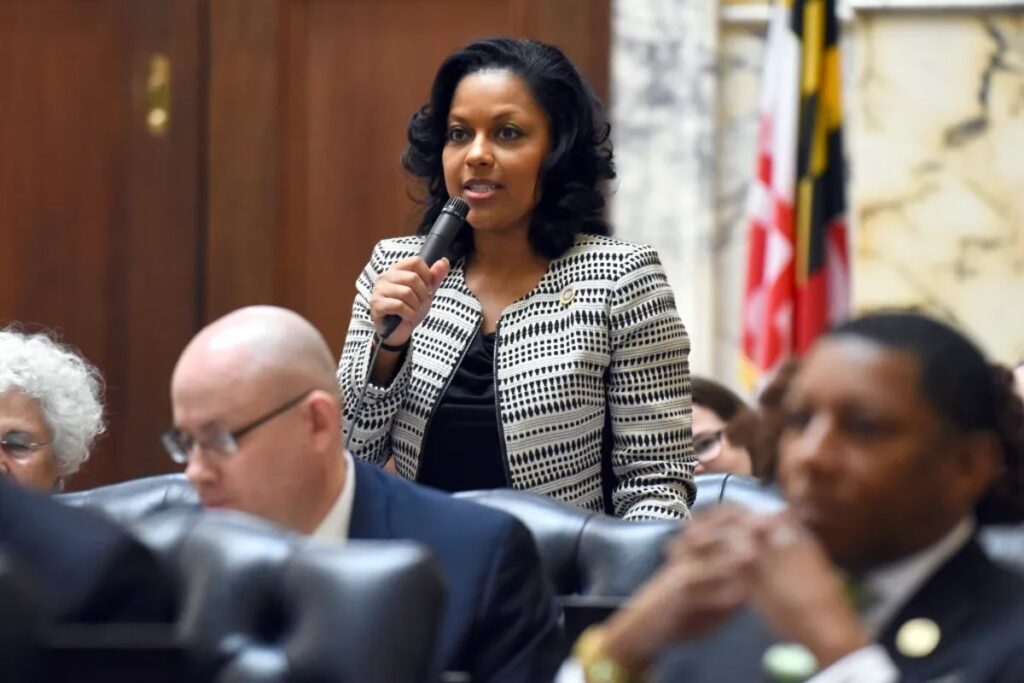Posted on: January 7, 2025, 09:07h.
Last updated on: January 7, 2025, 09:07h.
Legislation to authorize online casino gambling in Maryland was filed this week by the same House lawmaker who last year unsuccessfully fought for internet casinos and table games.

House Delegate Vanessa Atterbeary (D-Howard) pre-filed House Bill 17 ahead of the Maryland General Assembly convening for its 2025 session tomorrow, Jan 8. HB 17 seeks to legalize online casino gambling, with skins available to the six commercial operators that currently run brick-and-mortar casinos in the state.
Atterbeary’s legislation also proposes qualifying sportsbook licensees for online gaming privileges. The Maryland State Lottery and Gaming Control Commission, which would govern the expanded gambling, would also be allowed to grant five iGaming licenses through two competitive bidding rounds.
Atterbeary’s measure says “an appropriate tax sufficient to provide an amount of revenue for elementary and secondary public education purposes” would be determined at a later time. Last year, Atterbeary suggested an effective tax of 55% on iGaming gross gaming revenue, money that would mostly go to the Blueprint for Maryland’s Future.
Each iGaming license would cost $1 million for a five-year duration. HB 17 additionally includes responsible gaming mandates, including that all iGaming platforms include responsible gaming messaging and clearly display resources for those seeking help.
Atterbeary’s 2024 iGaming bill passed the House in March but stalled in the Senate.
Social Equity
Atterbeary’s online casino bill takes a page out of Maryland’s liberation of sports betting in seeking to provide racial and social equity through the new industry. Maryland’s 2021 sports betting law instructed the seven-member Sports Wagering Application Review Commission “to seek racial, ethnic, and gender diversity” through its awarding of online and in-person sports gambling licenses.
Though the sportsbook law led to a lengthy delay in getting mobile sports betting operational, as a so-called “disparity analysis” by an independent third party took considerably longer than expected, Atterbeary thinks iGaming should be rolled out in a similar manner. HB 17 would encourage the State Lottery and Gaming Control Commission to favor iGaming bids that qualify as a “social equity applicant.”
Such a class would need to meet two of four qualifying criteria.
The qualifiers include companies controlled by a person(s) living in an economically disadvantaged area for at least five of the 10 years immediately preceding the application submission or having attended a public school in an economically disadvantaged area for at least five years. Applicants can also gain social equity status by having attended a four-year institution of higher education in Maryland where at least 40% of the students are eligible for a federal Pell Grant and any person whose net worth does not exceed “an amount to be determined by the Commission to encourage diversity, equity, and inclusion in the internet gaming industry.”
Voters Have Final Say
Legal iGaming remains confined to seven states — Connecticut, Delaware, Michigan, New Jersey, Pennsylvania, Rhode Island, and West Virginia. With sports betting facing much criticism for its quick rollout, with calls in Congress for federal intervention for the public’s good, gaming analysts aren’t convinced the odds are good any state will join the seven in bringing internet casinos online this year. Cordish, which operates Maryland Live!, has opposed iGaming.
Maryland voters would have the final say if Atterbeary’s measure finds favor in both chambers. Such gambling expansion would require an amendment to the Maryland Constitution through a statewide ballot referendum.



